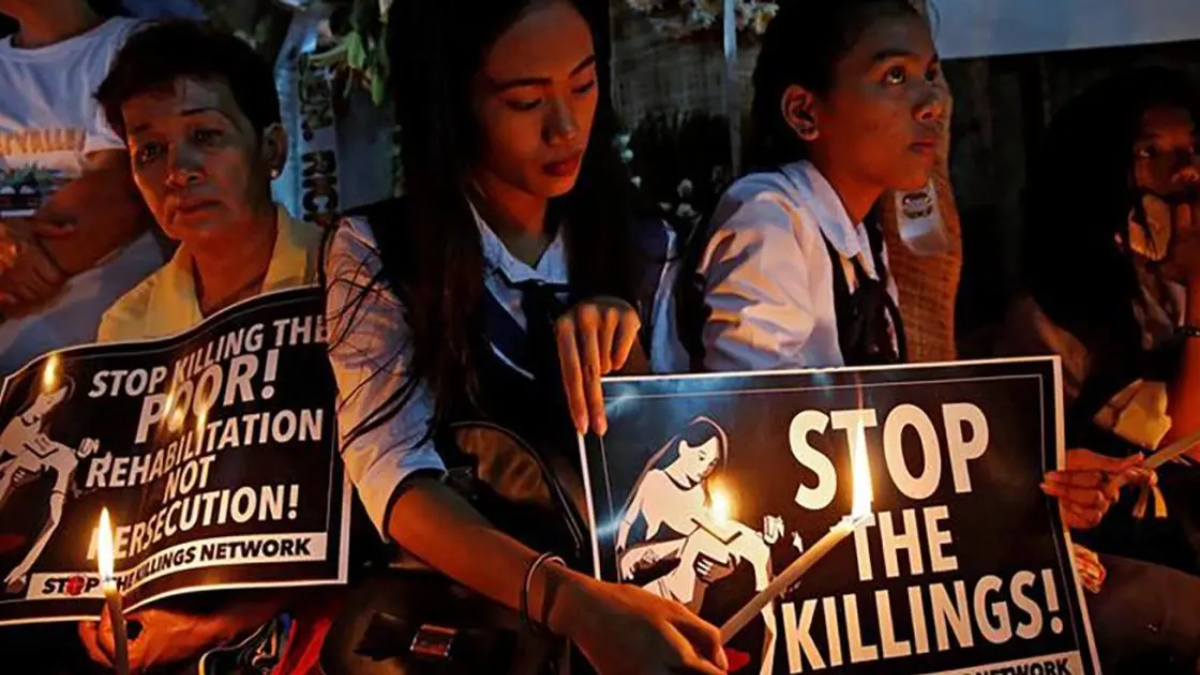During a congressional hearing, Police Colonel Jovie Espenido confirmed the existence of a quota and rewards system in the Duterte administration’s war on drugs. Espenido revealed that police officers were required to visit 50 to 100 households of suspected drug users and traffickers daily. He also stated that a reward of PHP 100,000 was given for successful drug busts, with funding reportedly sourced from Small-Town Lottery (STL) operations.
Espenido emphasized his intent to implement the anti-drug campaign without causing fatalities, highlighting that his mission was to encourage suspects to surrender for rehabilitation. He shared that he ensured any rewards received were legitimate, citing instances where local government units provided financial incentives for capturing high-profile drug dealers.
Further revelations included a PHP 20,000 reward per kill in the drug war, funded by STL operators or jueteng lords, with payments made directly to regional and provincial police commanders. Espenido clarified, “The flow of money was automatic,” and detailed the allocation of funds down the chain of command.
The hearing also touched on past allegations against Espenido, including charges of homicide related to operations that resulted in deaths, such as the controversial raid on the Parojinog family in Ozamiz City in 2017. Despite these allegations, Espenido was awarded the Order of Lapu-Lapu for his contributions to law enforcement.
In the same hearing, Espenido alleged that former PNP chief Ronald dela Rosa instructed him to “neutralize” drug personalities, including specific targets like Mayor Rolando Espinosa. However, Dela Rosa denied these claims, asserting that his directives were to address the drug problem through legal means.
Former Duterte spokesperson Salvador Panelo also refuted Espenido’s claims, clarifying that the former president’s instructions were to dismantle drug syndicates without explicitly ordering any killings. Panelo stressed that neutralizing suspects was permissible only under legal justifications.






